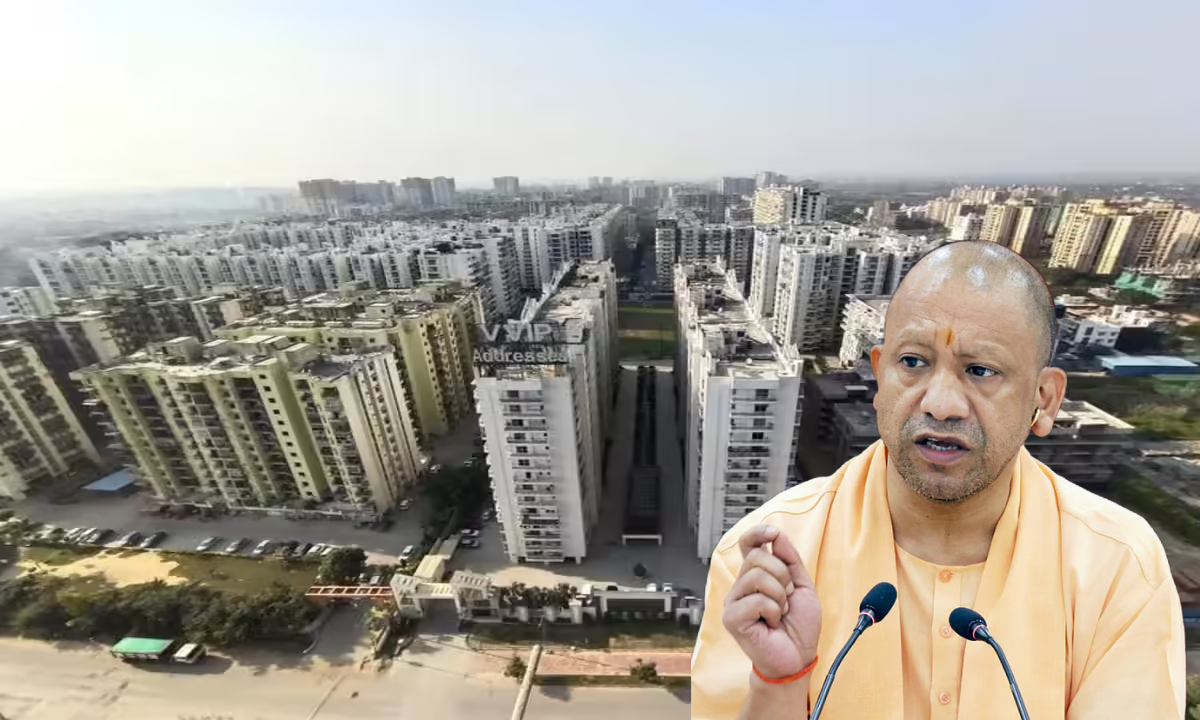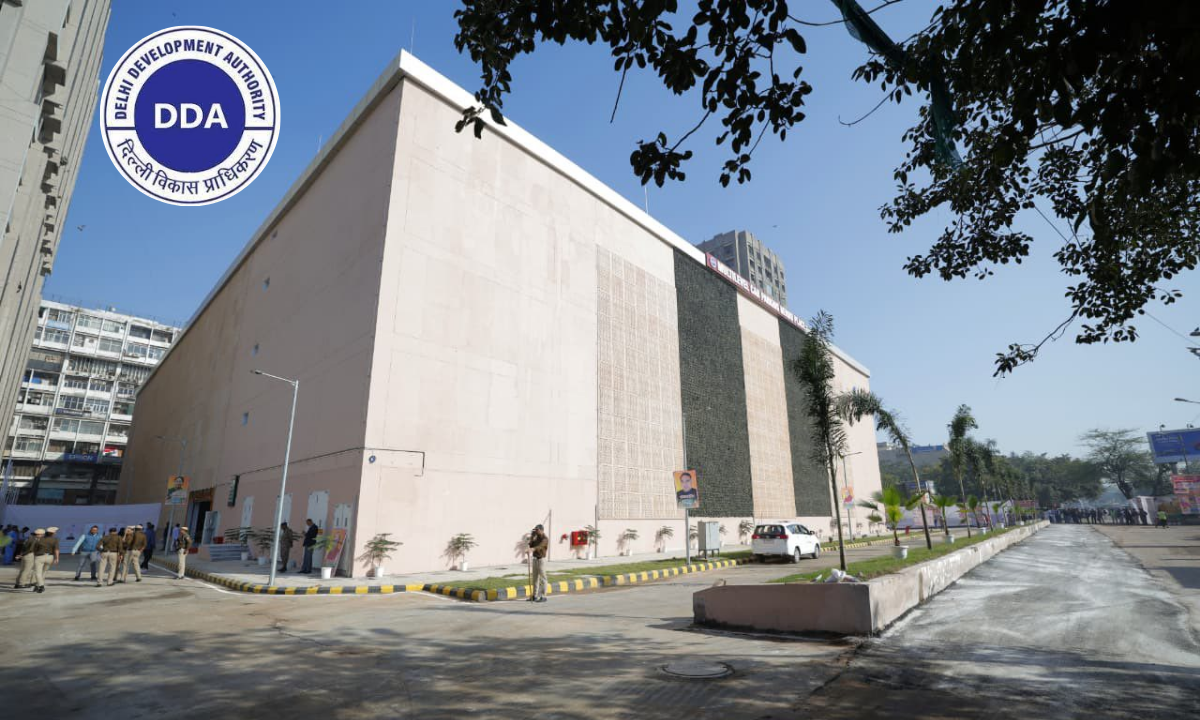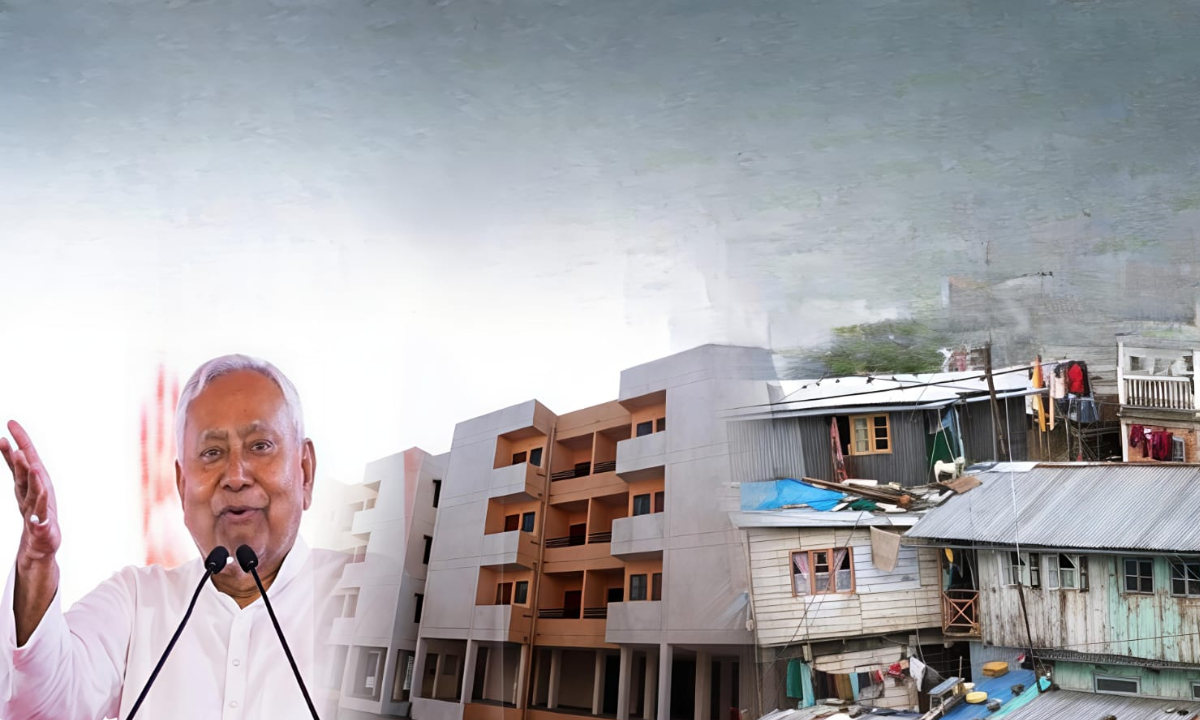Air pollution has become one of the most pressing issues in India, with the Air Quality Index (AQI) of many metropolitan areas frequently crossing hazardous levels. Delhi, often referred to as a "gas chamber" during winter months, has once again hit alarming AQI levels, bringing the country’s air pollution crisis to the forefront. Factors such as the burning of crop residue (parali) in neighboring states like Punjab and Haryana, vehicular emissions, and stagnant air movement have exacerbated this issue. The worsening pollution levels have prompted discussions among environmentalists, policymakers, and business leaders alike.
One such voice is Nithin Kamath, the Co-Founder of Zerodha, a prominent online brokering platform. Taking to social media, Kamath highlighted the dire state of air quality in Indian cities, sharing his concerns over the country's growing struggle with pollution and its health implications. He pointed out that despite the gravity of the situation, the nation has yet to adopt a serious approach toward tackling this menace.
Kamath backed his concerns with alarming statistics, including data on air pollution-related deaths. According to reports he cited, air pollution has become a leading cause of death in India, and the situation has only worsened since 2019, the last year for which comprehensive data was available. These figures underscore the urgent need for actionable solutions.
In an intriguing suggestion, Kamath proposed that property prices should reflect the quality of air and water in the region. He argued that properties in areas with poor air and water quality should be priced lower to factor in the health risks and diminished living standards faced by residents. This idea, while unconventional, shines a light on the direct impact environmental factors have on real estate and the quality of life.
The Environmental Burden on Urban India
Kamath’s observations extend beyond Delhi, with cities like Mumbai, Bengaluru, Chennai, and Kolkata also grappling with worsening AQI levels. The dense urbanization in these cities has led to increasing vehicular emissions, construction dust, and industrial pollutants. Air pollution in India is not just a seasonal problem but a year-round challenge that impacts millions of urban dwellers.
Poor air quality not only affects the respiratory health of citizens but also contributes to cardiovascular diseases, reduced productivity, and economic losses. The real estate sector, heavily dependent on location and environmental factors, is increasingly affected by these issues. Buyers and tenants are now factoring air and water quality into their decisions, driving a shift in market dynamics.
Linking Property Prices to Environmental Quality
Kamath’s suggestion of adjusting property prices based on air and water quality is a novel approach that could reshape the housing market. The underlying premise is that pricing mechanisms should account for externalities, such as environmental degradation. For example, properties in areas with high pollution levels could see price corrections, incentivizing developers and local governments to improve living conditions.
This proposal could also serve as a wake-up call for policymakers, urging them to prioritize environmental initiatives and stricter regulations to combat pollution. Kamath’s idea aligns with a broader global trend where environmental, social, and governance (ESG) factors are gaining importance in real estate and investment decisions.
Steps Toward Change
Nithin Kamath’s call for a property price discount based on environmental quality opens up new conversations about the intersection of real estate, public health, and sustainability. While the proposal may face practical challenges in implementation, it serves as a reminder of the pressing need to address air pollution and its far-reaching consequences on society.









.png)